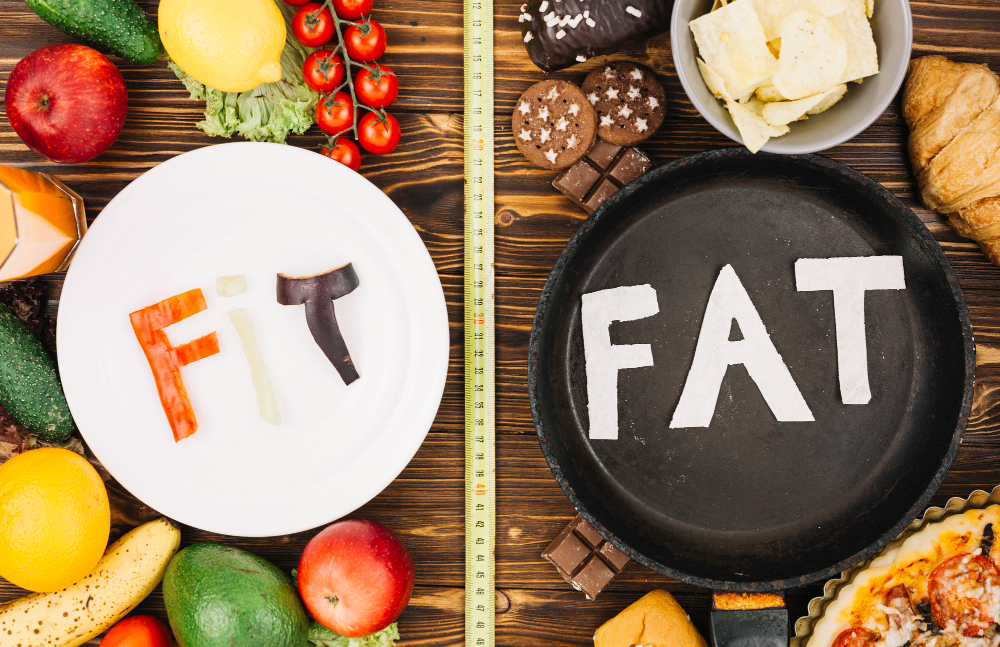Being on a controlled diet and following good workout chart doesn’t ensure that you will lose weight without much effort. Whether you are dealing with stress eating, cravings or hormonal imbalance, there are many other potential barriers that could make your weight loss goal a never ending struggle.
What does food sensitivity mean?
While food sensitivities are often used interchangeably with food allergies and intolerance by many, but in scientific sense they are quite different from each other. A food allergy takes place when the body’s immune system uncommonly responds to specific foods by producing antibodies. Food intolerance, on the other hand, is like having difficulty digesting certain food items leaving some unpleasant physical symptoms like bloating, diarrhea, itching, tummy pain and skin rashes.
Food sensitivity, by contrast to allergy and intolerance, is somewhat similar at points that they respond as immune reactions to specific nutrients but they are not exactly likewise to food allergies. Unlike food allergies, the symptoms of sensitivity do come up in modified ways, meaning that, one day a food you are sensitive to may result in stomach pain but the next day, it could give you eczema or joint pain.
Food sensitivities and their impact on weight loss
Well, food sensitivities are not like something to blame first if someone is facing difficulties on weight loss while there are hardly no other symptoms. Even, there is no published evidence that could conclude that food sensitivities result in weight gain. According to McAsey, if someone is troubling with gastrointestinal problems, psoriasis, eczema or other inflammatory indications alongside resistance to weight loss, then sensitivities could play a potential factor. This is because few different aspects of sensitivities might be involved leading to affecting weight loss.

Firstly, most researches are done on inflammation and weight to find out how increases in weight result in inflammation. McAsey has observed in one of her patients, that shedding pounds become easier once primary inflammation caused from food sensitivities is addressed. Secondly, people often feel unwell as an effect of food sensitivity that makes them reluctant to spend energy on planned workouts and preparing healthy meal, both of which are crucial for weight loss. Again, people who are restricting their diets in order to avoid the symptoms while not being sure of which foods are causing sensitivities might often end up taking more high caloric processed foods which eventually results in more calorie intake in unhealthy way and over all, weight gain.
What to do?
Before taking responsibilities in to self, it is essential that you seek help and advice from a qualified medical professional or nutritionist if you suspect any symptoms that could match with food sensitivities, allergy or intolerance. Experts often prescribe an elimination diet to the patients where certain food items known to cause uncomfortable symptoms are removed and reintroduced them later to test for potential symptoms. Keeping record of what you eat, how much and when you eat in an old-fashioned notebook is another way to find out potential allergens as well as preventing you from carelessly eating.

